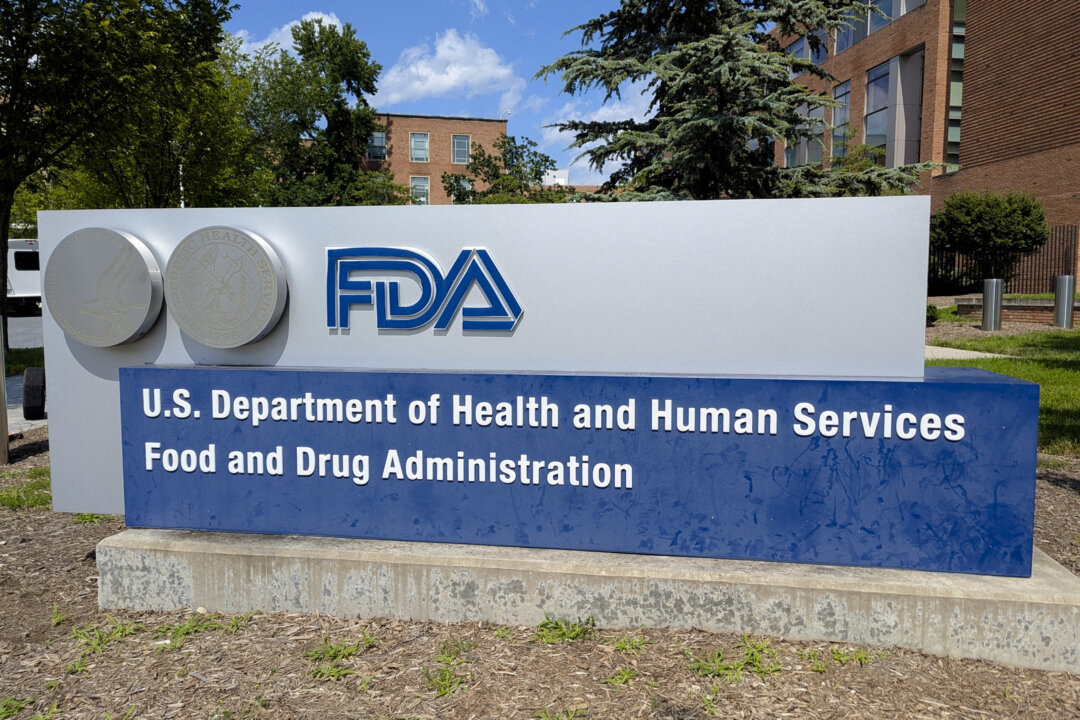Health
FDA Issues Warnings on Blood Pressure Medications After Carcinogen Discovery

The Food and Drug Administration (FDA) has confirmed the recall of over 88,000 bottles of two types of blood pressure and heart medications due to concerns regarding elevated levels of a carcinogenic compound. This decision reflects an escalation in the classification of these recalls, which now fall under the second-highest classification level, indicating a significant risk to consumer health.
Between August 12 and August 14, 2023, the FDA posted notices regarding the recall of 88,032 bottles of carvedilol tablets. These medications are primarily prescribed for the treatment of hypertension and heart failure. The cause for this recall stems from the presence of N-nitroso carvedilol I, a nitrosamine that exceeds the FDA’s acceptable intake levels.
Nitrosamines are organic compounds recognized for their potential carcinogenic properties, raising serious health concerns. The FDA has made it clear that such impurities in pharmaceutical products can pose significant risks to patients. In response to these findings, the agency has provided updated guidance on how pharmaceutical companies can comply with regulations concerning nitrosamine impurities.
Details of the Recall
The recall affects a substantial number of carvedilol tablets produced by various manufacturers. While the specific companies involved have not been publicly disclosed in the FDA notices, the agency urges consumers to check the labels of their medications to ensure they are not using affected products.
Patients taking carvedilol are advised to consult their healthcare providers for alternatives and further guidance. The FDA emphasizes the importance of not discontinuing medication without professional advice, as this could lead to adverse health outcomes, particularly for individuals with existing heart conditions.
The FDA’s actions reflect ongoing scrutiny of pharmaceutical products to ensure safety and efficacy. These recalls serve as a reminder of the critical role regulatory bodies play in monitoring drug quality and protecting public health.
Addressing the Carcinogen Concern
In light of this recall, the FDA’s dedicated section on its website regarding pharmaceutical medications with nitrosamine impurities has gained renewed attention. The regulatory body has committed to working with manufacturers to reduce or eliminate the presence of these harmful compounds in medications.
The guidance issued in 2024 aims to establish comprehensive measures for managing the risks associated with nitrosamines in pharmaceuticals, ensuring that companies adhere to stringent safety standards. This proactive approach underscores the FDA’s ongoing efforts to safeguard the health of consumers.
As more information becomes available, patients and healthcare professionals are encouraged to stay informed about the safety of medications. The FDA’s commitment to transparency is essential in maintaining public trust and ensuring that all medications on the market are safe for use.
In conclusion, the FDA’s recall of carvedilol tablets due to carcinogenic concerns highlights the need for vigilance in pharmaceutical safety. Patients should remain aware of the potential risks associated with their medications and work closely with healthcare providers to ensure their treatment continues safely and effectively.
-

 Science2 weeks ago
Science2 weeks agoNostradamus’ 2026 Predictions: Star Death and Dark Events Loom
-

 Technology1 month ago
Technology1 month agoOpenAI to Implement Age Verification for ChatGPT by December 2025
-

 Technology6 months ago
Technology6 months agoDiscover the Top 10 Calorie Counting Apps of 2025
-

 Health4 months ago
Health4 months agoBella Hadid Shares Health Update After Treatment for Lyme Disease
-

 Health4 months ago
Health4 months agoAnalysts Project Stronger Growth for Apple’s iPhone 17 Lineup
-

 Health4 months ago
Health4 months agoErin Bates Shares Recovery Update Following Sepsis Complications
-

 Technology4 months ago
Technology4 months agoElectric Moto Influencer Surronster Arrested in Tijuana
-

 Technology5 months ago
Technology5 months agoDiscover How to Reverse Image Search Using ChatGPT Effortlessly
-

 Technology6 months ago
Technology6 months agoMeta Initiates $60B AI Data Center Expansion, Starting in Ohio
-

 Technology6 months ago
Technology6 months agoRecovering a Suspended TikTok Account: A Step-by-Step Guide
-

 Education4 months ago
Education4 months agoHarvard Secures Court Victory Over Federal Funding Cuts
-

 Technology2 months ago
Technology2 months agoDiscover 2025’s Top GPUs for Exceptional 4K Gaming Performance





















